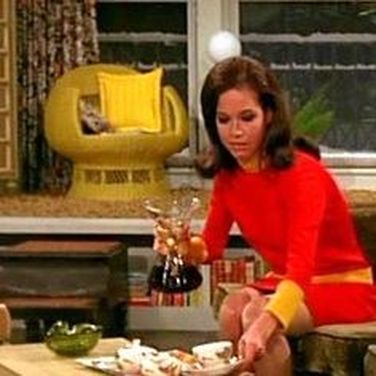At the age of 53 this year, I've discovered that my "entering menopause" self cannot tolerate coffee. My morning cups were setting off hot flashes which then resulted in stomach cramps and diarrhea. I stubbornly clung to my morning joe, but finally had to say enough is enough. Thus, I'm back to tea.
I have given up coffee before--for three full years to be exact. When my husband met me I was in the midst of a stint drinking only green and herbal teas. I was lean, healthy and running a lot and practicing yoga frequently. I had plenty of energy and felt good with my tea. I'd take a mug with me everywhere, including dinners and parties. I never wanted my host to think they had to accommodate my desire for green tea with soy milk and stevia (my evening dessert tea). I'd just BYOB. Then my husband and I went on a trip, there was a coffee shop we'd visit every morning, and suddenly I was back on the coffee wagon--BIG TIME. I'm not one for much moderation. When I fall, I fall hard. Suddenly coffee was a several cups a day thing. My husband is Canadian, he teaches up there at a university, so trips up north invariably included multiple cups of Tim Horton's. There is a Tim Horton's on nearly every street corner so opportunities were abundant. Given all the research we've been reading about the benefits of coffee, I figured this was an alright obsession. I was completely alcohol free and didn't ever drink soda, so what was the big deal? Honestly, it wasn't a problem until MENOPAUSE. Suddenly my beloved beverage was leaving me doubled over with cramps, sweating and feeling nauseous on the porcelain throne. That was a problem.
Here's the thing, when faced with necessary change we have two choices. We can either embrace with enthusiasm, or resist with resentment. The first option produces a new experience and positivity, the second is merely indulging your inner brat. I decided to lean into my new self and get serious about drinking tea not coffee. What does this mean? I bought a beautiful sky-blue china teapot, a tea cozy (essential for good brewing and keeping tea warm), a giant mesh tea ball to make loose tea brewing easy and less messy, and I am buying teas. All kinds of teas: Jamaican butter rum black tea blend, organic green jasmine, lapsang souchang (a smoked tea that smells and tastes like a campfire), white tea with a rainbow of flower petals, Breakfast in Paris (an earl grey tea with lavender), and so on. Each tea fits a different mood and presents a very different flavor profile. I'm playing and experimenting. And at night I have a decaffeinated lady grey tea with half & half and a few drops of vanilla stevia. Yep, I'm back to my evening dessert tea--a comforting ritual.
The lesson I've learned from this is that a dietary health setback or bodily change does not have to signal loss. When framed in the right context, it can be an agent for pleasure and powerful change. So, here's an exercise for you to practice:
- Identify something in your diet that isn't really working for you. Sure you may like it, but it doesn't like you back!
- Think about how taking that thing out of your life will make you feel. Will you experience profound loss?
- If loss or resistance is what you feel, then think about a healthy replacement. It could be tea for coffee (as in my case) or La Croix for soda (even diet soda, which isn't good for you), or rye bread (very healthy) for white bread, or homemade salad dressing instead of gloppy bottled ranch, or soy milk for dairy (if you are finding you don't process lactose well), or peanuts for chips, etc.
- Instead of feeling burdened, jump into it. Do some research, look for the best options. "Eat This Not That" has good nutritional information and reviews of products. Go with the best so that you don't feel cheated.
- Buy yourself the right equipment and make it cute or pretty. My blue pot brings me cheer!
Artfully yours,
Lisabeth


 RSS Feed
RSS Feed